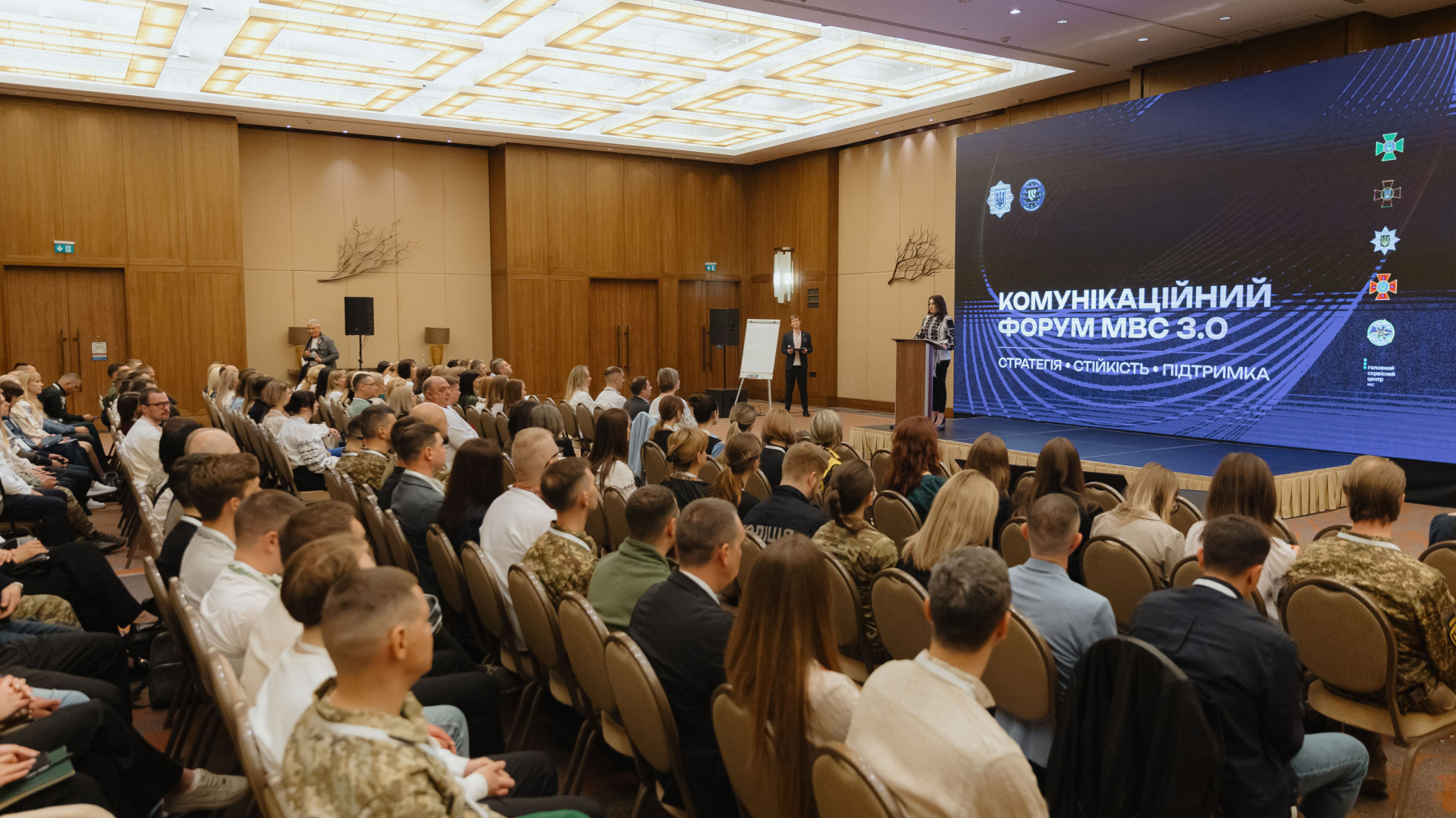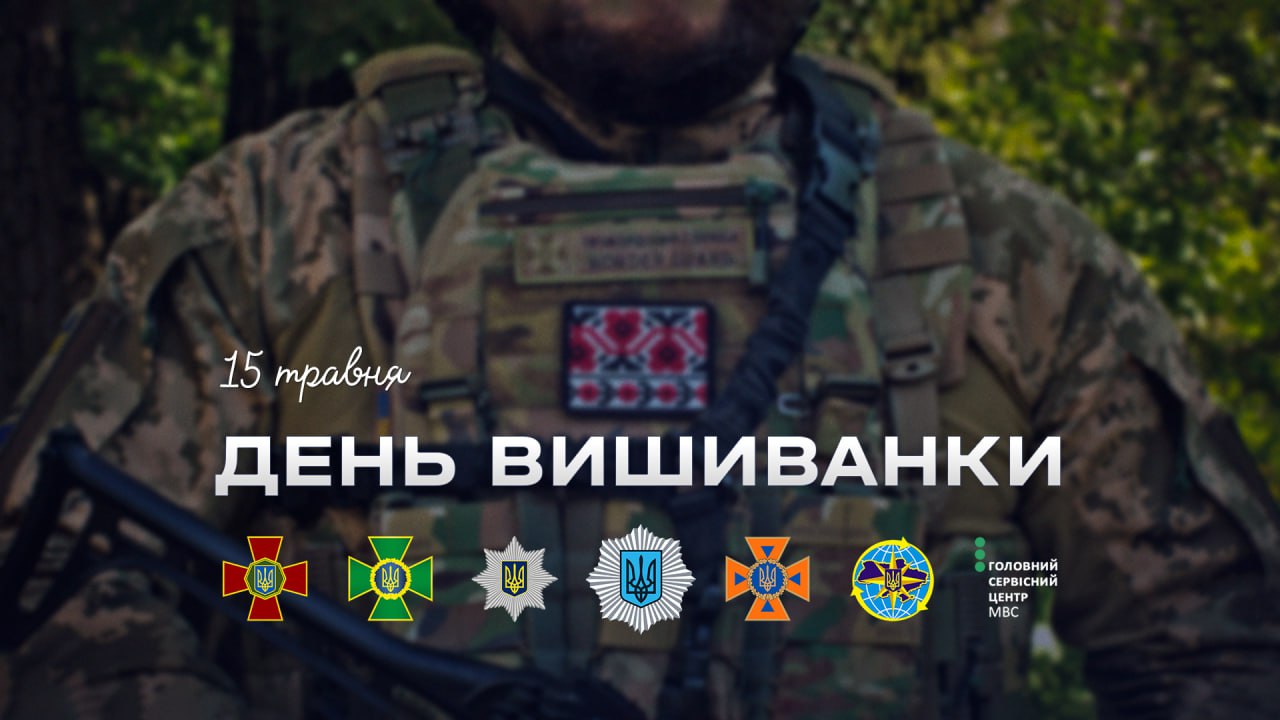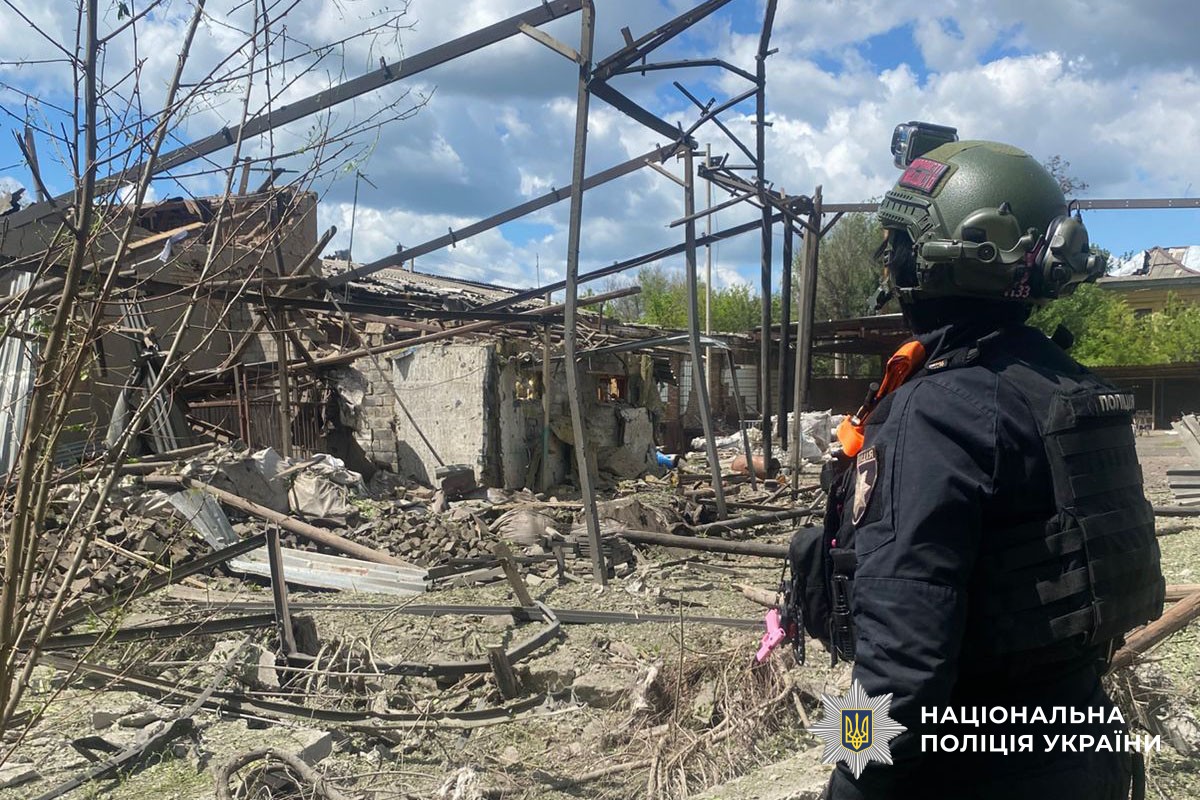The National Guard of “Krasnaya Kalina” about the counteroffensive — these are liberated territories, but you have to pay for them with blood

A serviceman of the National Guard of Ukraine under the pseudonym Major believes that our army will restore the territorial borders of Ukraine as of 1991. However, he says, society needs to be more restrained about counterattack.

“Everyone is hyping about it now, they are very happy, because people either don't really realize what it is, or they just don't think about it. Yes, a counteroffensive is liberated territories, it is an exit to the administrative borders, the expulsion of the enemy outside our country. But it is earned through losses and blood, and therefore this should not be taken lightly,” Major notes.
Andriy (Major) is a senior sergeant of one of the companies of the brigade “Red Viburnum”.
He says: he has been serving under contract for five years, fought in the area of the Joint Forces, since the beginning of the full-scale Russian invasion — defended Kyiv, Luhansk region and Donetsk region. His unit was one of the first to encounter the enemy.
“Direct contacts most often took place in urban battles, in Severodonetsk, when we were attacked 3-4 times, the distance was — the road between buildings. They shouted at us across the road: “Ahmat power, burn, s**y”. Our pseudo-Gypsy fighter threw a grenade at them from the third floor. There was something screaming and everything,” Andriy recalls.

As part of the brigade, he also dismissed Belogorovka in Luhansk region. There they captured five Russian soldiers.
“In Belogorovka, our group took 5 enemy soldiers prisoner. We began to build a line of defense, dig in, and 5 soldiers came at us, who did not understand who it was. We immediately wanted to destroy them, but gave them a chance to surrender. My comrade and brother shouted to them: “Surrender or I shoot for damage.” They thought it was theirs, shouted: “We are ours, there is a regiment of the LPR, they are mobilized.” We twisted them, quickly searched them and passed them on,” says Major.
The most intense and difficult, he says, were the battles for the village of Spirne in the Donetsk region. This is one of the points on the flank of the Bakhmut defense. The fighters of “Red Viburnum”, he says, fought with the military of the so-called “DPR” and the Russian battalion “Akhmat”.
“In Spirny, our position was at a distance of 150 meters, there was a ravine between us. Direct battles were regular. They reached 70-50 meters, several times even approached 20 meters. We were attacked regularly, several times a day, stormed with such “meat” waves. They sent 30, 40, sometimes 60 and 80 people just in one direction, to the same positions, knowing that they were going to die. They don't value the lives of their soldiers, they don't care. Lose one platoon or company, then the following will take their place. They deplete our fighters, our positions,” says the guard.

In Spirny, Andrei says, he received a leg injury.
“On our road, an enemy drone dropped a VOG, two pieces. I went first, led the group behind me. The first VOG ruptured a meter and a half from my leg, and I received eight shrapnel wounds in both legs. It hit the bone, but without fractures,” says Andriy.
He says that still in rehabilitation, the war has changed him, taught him to appreciate life.
“I began to appreciate the simple things, the little things. He began to appreciate a banally warm bed, a soft pillow, walks with friends and, in principle, to value life more, because there we can lose it almost every second.”
National Guard of Ukraine






